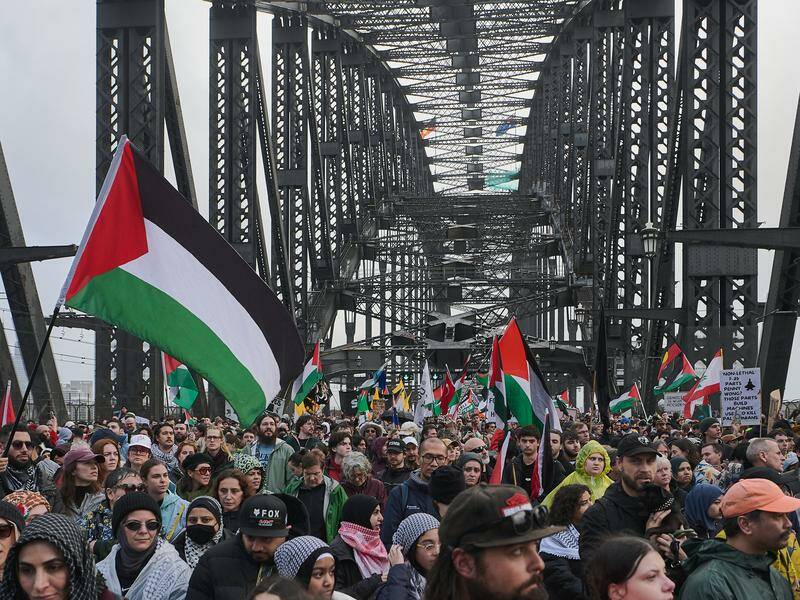
The Australian government is taking significant steps toward recognising Palestine as a state, with Prime Minister Anthony Albanese announcing plans to formally acknowledge Palestinian statehood at the United Nations in September 2025. This initiative aligns Australia with other nations, including the UK, France, and Canada, which have recently expressed similar intentions.
In a statement made in Brisbane, Albanese highlighted the growing international momentum for recognition. He stated, “What the international community is doing is moving forward as one with a common voice that says we must end the cycle of violence.” The Prime Minister’s comments reflect a shift in Australia’s foreign policy, which has traditionally aligned closely with that of the United States, a key ally that has long opposed formal recognition of Palestine.
Despite this, US Secretary of State Marco Rubio dismissed Australia’s efforts as “largely meaningless.” In a recent radio interview, he asserted that such recognitions serve primarily as political gestures. “The future of that region is not going to be decided by some UN resolution,” he remarked, emphasizing that real change must occur on the ground.
Australia’s decision to pursue recognition has led to mixed reactions. While it joins more than 140 member states of the UN in acknowledging Palestine, opposition leaders like Sussan Ley have criticized the Prime Minister’s focus on this issue. Ley argued that Albanese’s priorities are misplaced, asserting that the push for recognition will not contribute to global safety.
Amidst these developments, Australia joined over 20 countries in a joint statement calling for urgent humanitarian action in Gaza. The statement expressed grave concern over the humanitarian crisis unfolding in the region, stating, “The humanitarian suffering in Gaza has reached unimaginable levels. Famine is unfolding before our eyes.” Albanese condemned Israel’s actions to block aid, describing them as “not defensible” and inconsistent with international law. He noted the unacceptable reality of people being killed while trying to secure food and water.
Israel, on the other hand, has denied responsibility for the humanitarian situation in Gaza, accusing Hamas of obstructing aid shipments. Israeli officials have emphasized that the focus should also be on the plight of Israeli hostages held by Hamas. An Israeli embassy spokesperson remarked, “It is deeply troubling that the plight of Israeli hostages is reduced to a single line at the bottom of the statement.”
With ongoing debates about recognition and the humanitarian crisis, the situation remains complex and contentious. Australia’s actions represent a notable shift in its foreign policy and highlight a growing international consensus aimed at addressing the longstanding conflict between Israel and Palestine. As discussions continue, the ramifications of these decisions will be closely monitored by stakeholders around the world.






